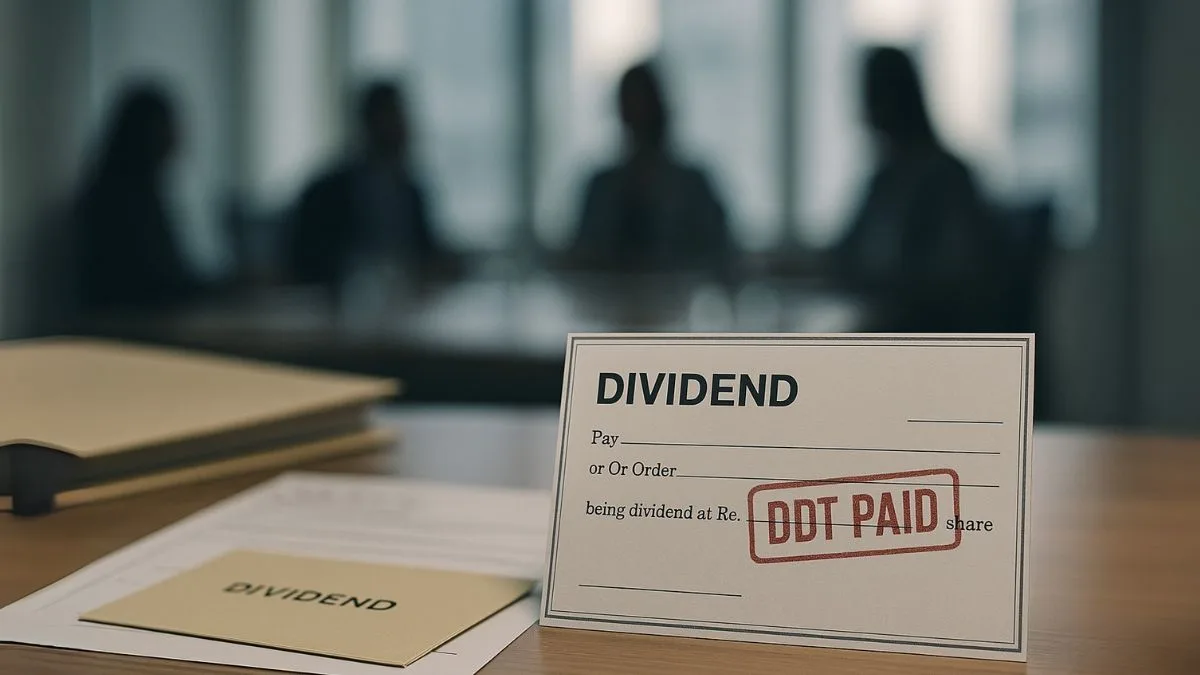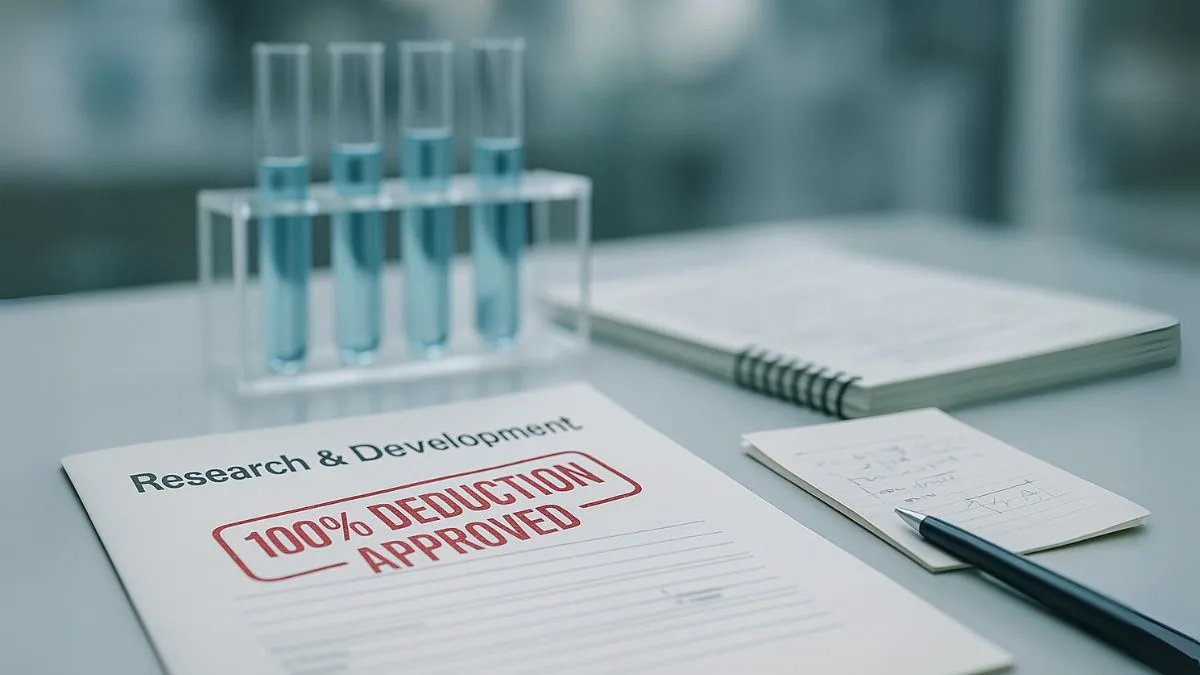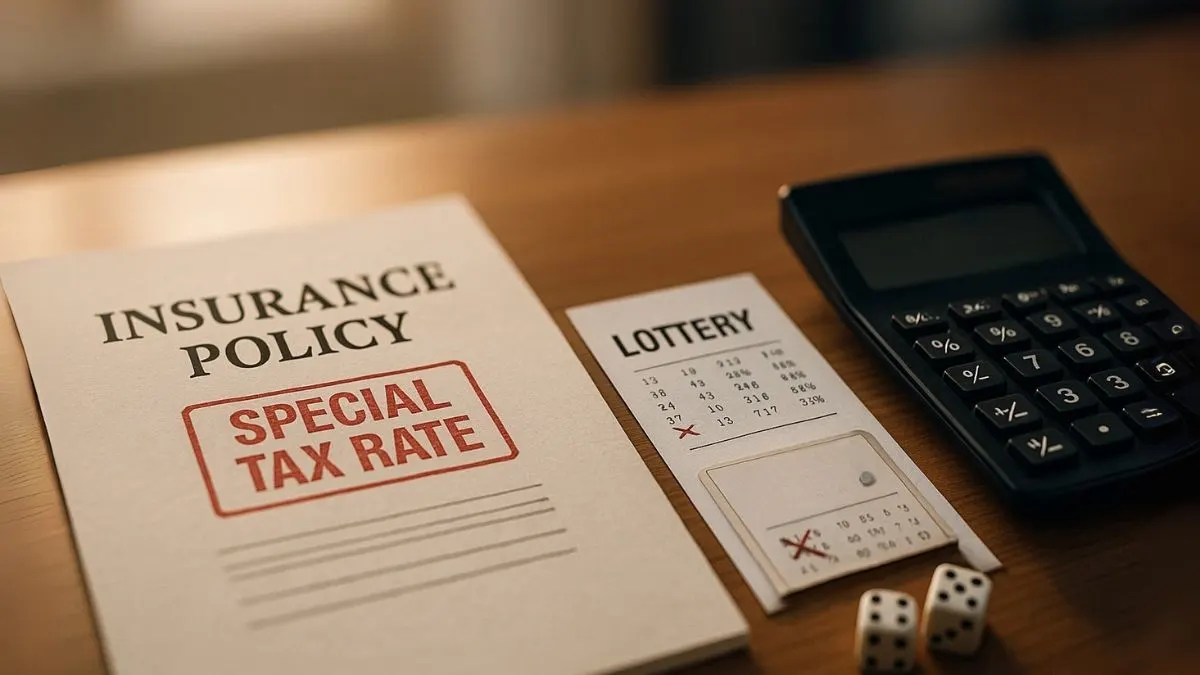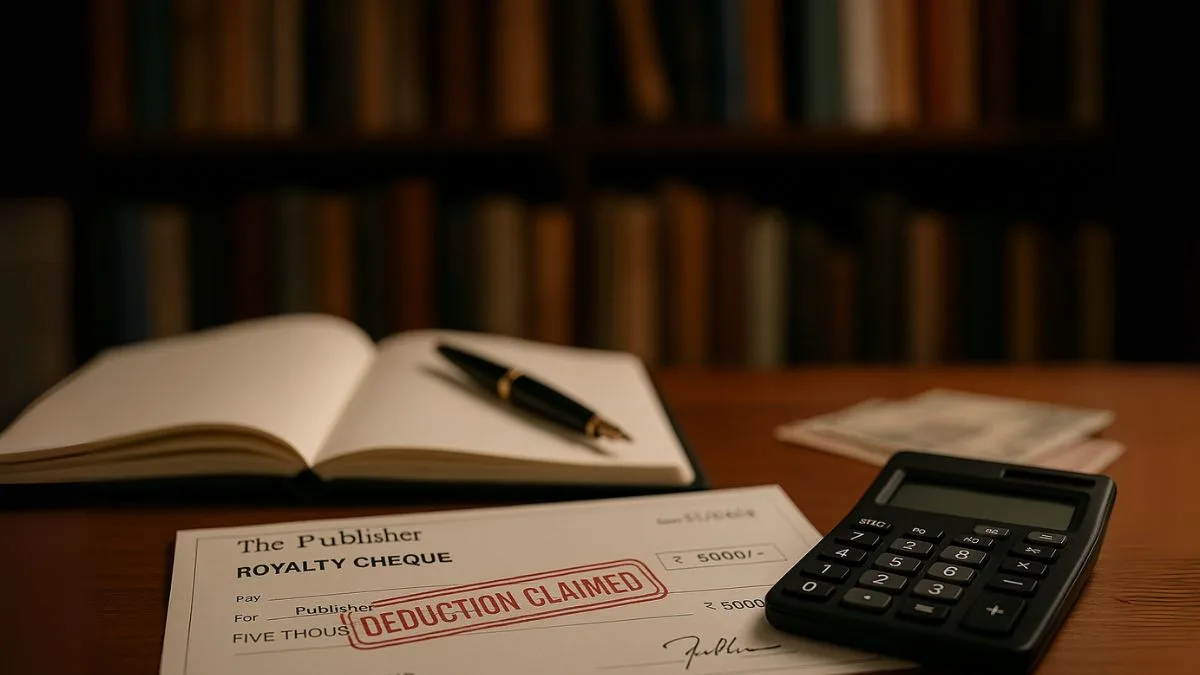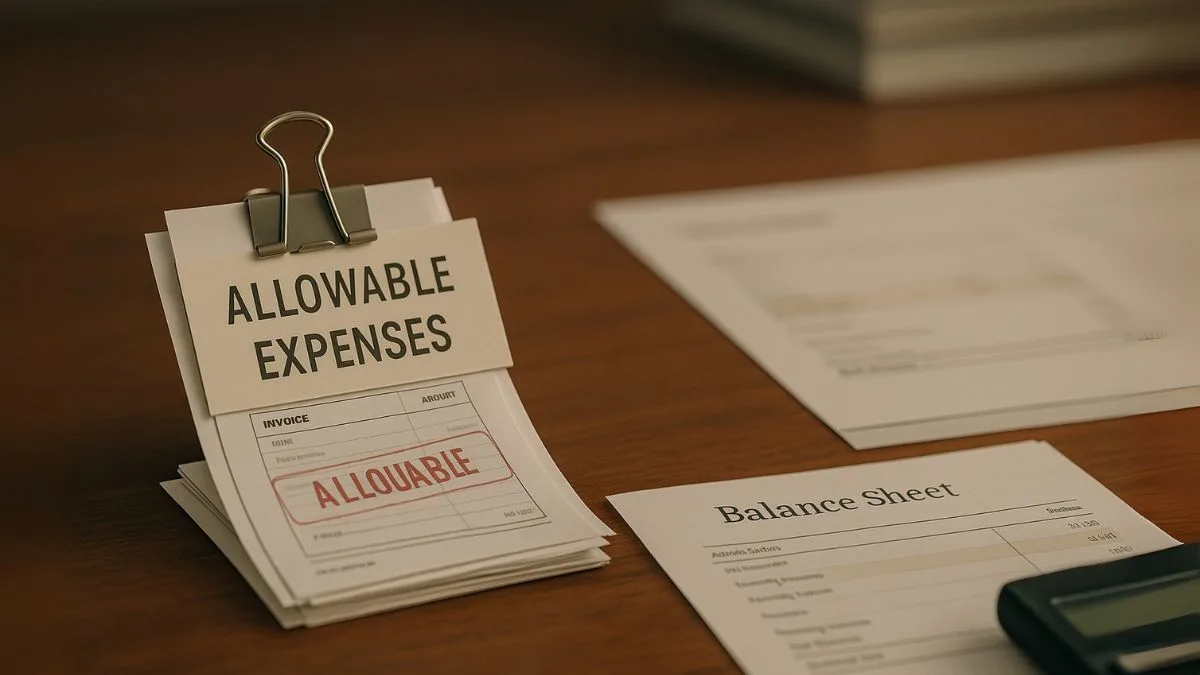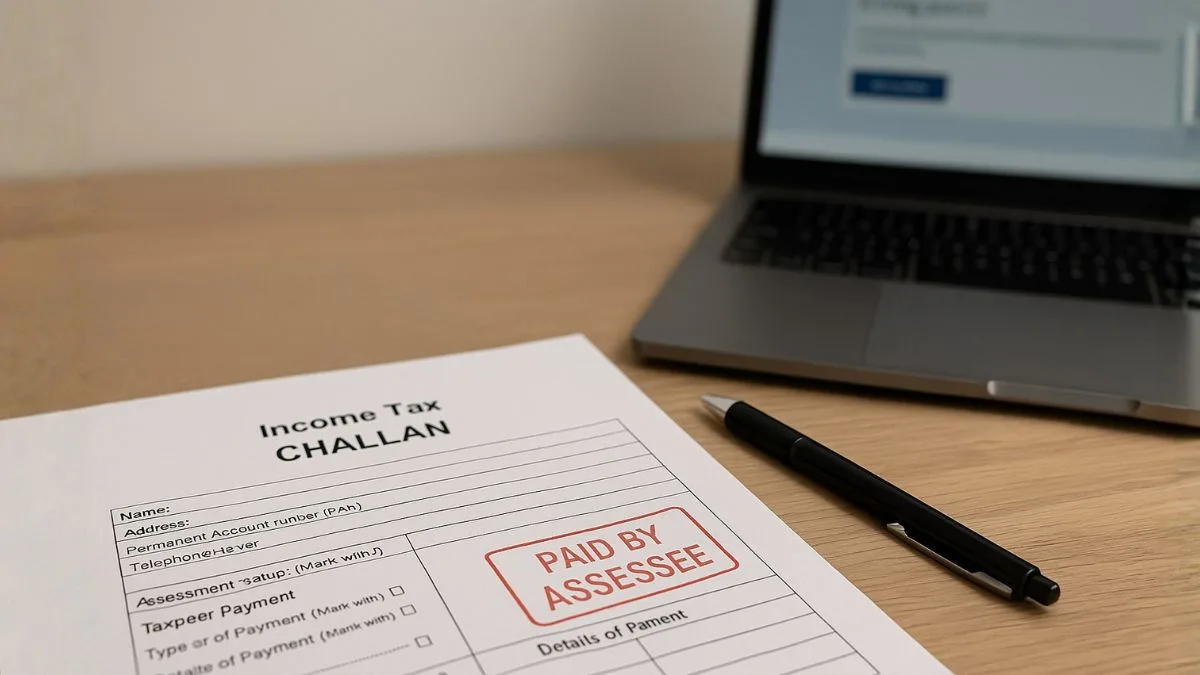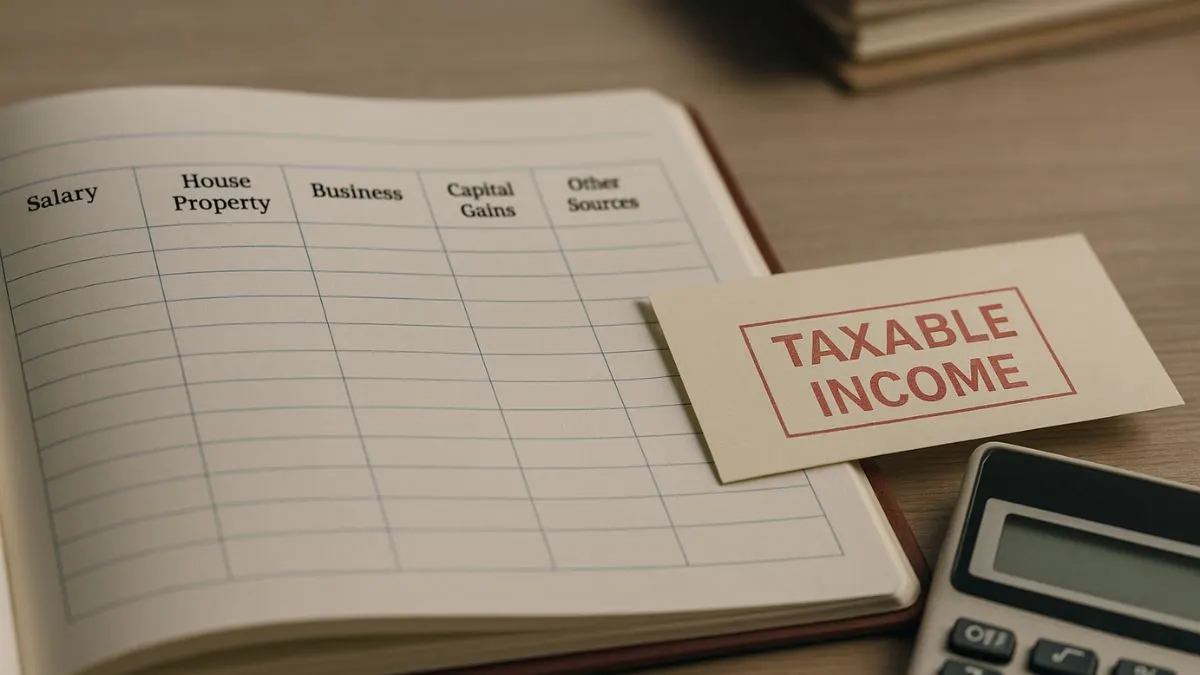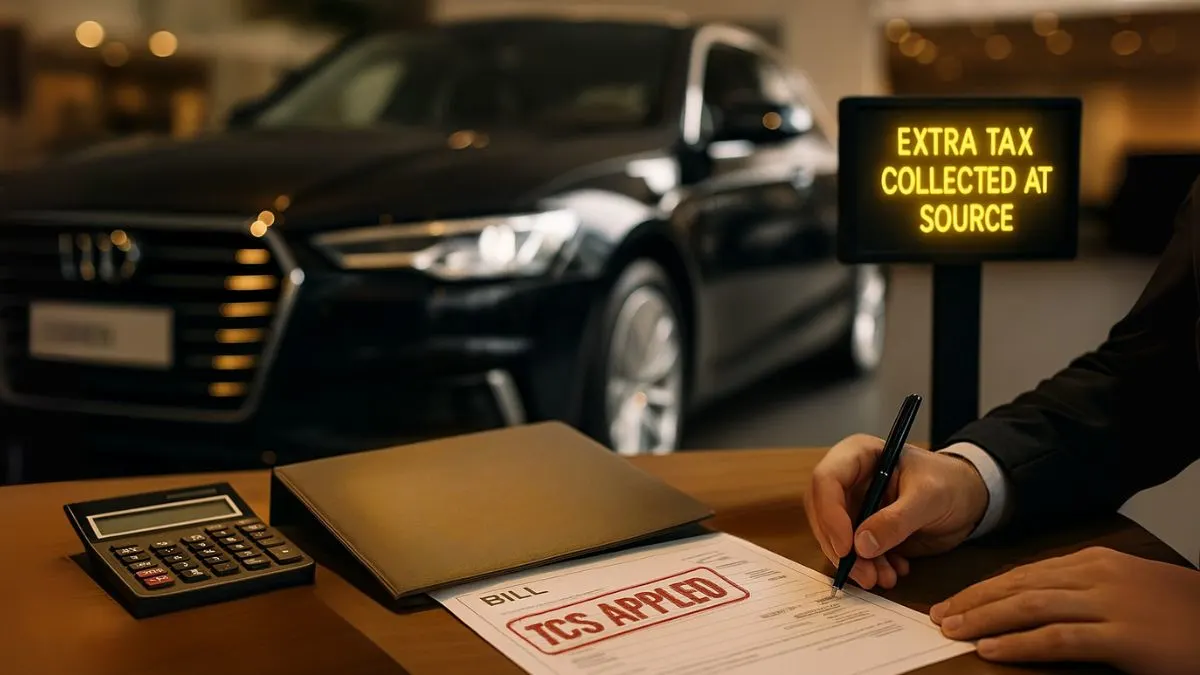
Buying or selling a car is a big transaction for most people. The Income Tax Act has specific provisions to monitor such large-value deals. One of the most important among them is Section 206C(1F), which deals with Tax Collected at Source (TCS) on motor vehicles.
Under this section, a seller of a motor vehicle is required to collect tax at source from the buyer at the rate of 1% of the sale consideration. The objective is to ensure that all high-value purchases are reported to the tax authorities and to discourage unaccounted transactions.
From 22nd April 2025, this provision will be fully effective, making it even more relevant for motor vehicle dealers & buyers in India.
What is Section 206C(1F)?
Section 206C(1F) of the Income Tax Act mandates that every seller of a motor vehicle with a value exceeding a specified threshold must collect 1% of the sale price as TCS (Tax Collected at Source) from the buyer.
This means, if you buy a high-end car, you don’t just pay the ex-showroom price, GST, and registration fees—you also need to pay 1% TCS under Section 206C(1F).
For example:
- If a car costs ₹20 lakh, the dealer will collect ₹20,000 as TCS from the buyer, which will later be reflected in the buyer’s Form 26AS and AIS.
Why Was Section 206C(1F) Introduced?
The government introduced this section to track luxury spending & ensure tax compliance. The logic is simple: people who can afford to buy expensive motor vehicles should also be contributing appropriately to taxes.
Key objectives include:
- Preventing tax evasion on high-value motor vehicle sales.
- Ensuring reporting of such transactions in official tax records."
- Creating accountability for both buyers & sellers.
- Expanding the tax base by monitoring luxury spending.
Most buyers focus only on GST — but forget the hidden TCS rule that silently increases the cost of cars & luxury goods. 👉 Click Here
Applicability of Section 206C(1F)
Section 206C(1F) applies under the following conditions:
- Seller Requirement: The seller must be a motor vehicle dealer or trader.
- Buyer Obligation: Any person purchasing a vehicle above the prescribed value must pay TCS.
- Rate of TCS: The rate is 1% of the sale consideration.
- Effective Date: Section 206C(1F) will be effective from 22nd April 2025.
- Transaction Scope: Applicable on each sale exceeding the threshold, not cumulative sales.
Also Read: New GST Rates on All Cars: From Alto to Mahindra Thar and Tata Nexon
Example of TCS on Car Purchase
Imagine you buy a new SUV worth ₹35 lakh.
- Sale price = ₹35,00,000
- TCS @ 1% = ₹35,000
The dealer will collect ₹35,000 in addition to the car’s price & deposit it with the government on your behalf. This amount will show up as TCS credit in your income tax account, which you can adjust against your tax liability when filing ITR.
Impact on Buyers
For buyers, Section 206C(1F) is not an additional tax burden in the long run, as the TCS collected is available as a credit against final tax liability. However, it increases upfront payment while purchasing the car.
Benefits for buyers include:
- The TCS paid is reflected in AIS/Form 26AS.
- It can be adjusted while filing ITR.
- Ensures clean, transparent transactions.
Impact on Sellers
For motor vehicle dealers, this provision adds compliance responsibility. They must:
- Collect 1% TCS from eligible buyers.
- Deposit the collected amount with the government within the due date.
- File quarterly TCS returns.
- Issue TCS certificates to buyers.
Failure to comply can result in penalties & interest.
We’ve helped clients reclaim lakhs in excess TCS by structuring their purchases smartly. Most people don’t even know they can. 👉 Click Here
Section 206C(1F) and Compliance Challenges
Dealers often face challenges like:
- Educating buyers about the additional 1% payment.
- Ensuring timely deposit of TCS.
- Maintaining accurate records to avoid disputes.
For buyers, the key challenge is understanding that this 1% is not an extra cost but an advance tax credit.
Key Points to Remember
- Section 206C(1F) requires a seller of a motor vehicle to collect tax at source from the buyer at the rate of 1%.
- Applicable to high-value motor vehicle sales.
- Effective from 22nd April 2025.
- Buyers get TCS credit while filing ITR.
- Sellers must ensure compliance by depositing TCS & filing returns.
Also Read: New GST Rates List 2025: The Festive Season Tax Shake-Up Starting This Navratri
FAQs on Section 206C(1F)
Q1. Does TCS under Section 206C(1F) apply to all vehicles?
No, it applies only to motor vehicles exceeding the prescribed value threshold.
Q2. Can buyers claim the TCS back?
Yes. The TCS collected is available as credit while filing ITR."
Q3. From when is this provision applicable?
Section 206C(1F) will be effective from 22nd April 2025.
Conclusion
Section 206C(1F) of the Income Tax Act is a critical compliance provision designed to bring luxury transactions under the tax net. By requiring a seller of a motor vehicle to collect tax at source from the buyer at the rate of 1%, the government ensures better transparency and accountability in high-value sales.
👉 If you’re planning to buy or sell a car after 22nd April 2025, make sure you understand how this provision affects you. To stay compliant & avoid penalties, consult experts at Callmyca.com—we simplify tax rules and help you plan smarter. Don’t just buy a car, drive with peace of mind knowing your taxes are sorted!

